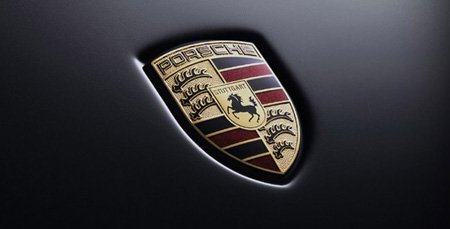Porsche 911 is Officially Germany's Most Reliable Car

Called the Technischer Überwachungsverei and generally shortened to TÜV, the organization first gets its hands and diagnostic equipment on your new car after its third year of service, and then again every two years after that. If your car fails its first go-round at the TÜV, it gets sent to a repair shop. If it fails again, it's off to the great junkyard in the sky.
No wonder, then, that consumers are eager to see the results of the TÜV's checkups year after year. And for 2011, after 7,779,312 million inspections, the Toyota Prius and Porsche 911 have taken home golden trophies in two different classes.
Perhaps it shouldn't come as a surprise that Germany's iconic sports car was found to be so reliable, even after 10 or more years of ownership – after all, we'd imagine that most owners take extremely good care of their pride and joy. Plus, the 911 employs a design that practically dates back to the dawn of the German automobile itself, which means Porsche has had plenty of time to refine its mechanicals.
If you're looking for something a bit newer, it seems the Toyota Prius is your best bet. For the second year in a row, the Japanese hybrid hatchback earned top marks in the three-year-old category, beating out the Toyota Auris and Mazda2.
And the worst? The Ford Ka. After 10 years, Ford's mini-mobile fails its TÜV certification a whopping 38.9 percent of the time. As for the three-year-olds, the Dacia Logan's 12.7-percent failure rate puts it in last spot.
Nouvelles connexes


